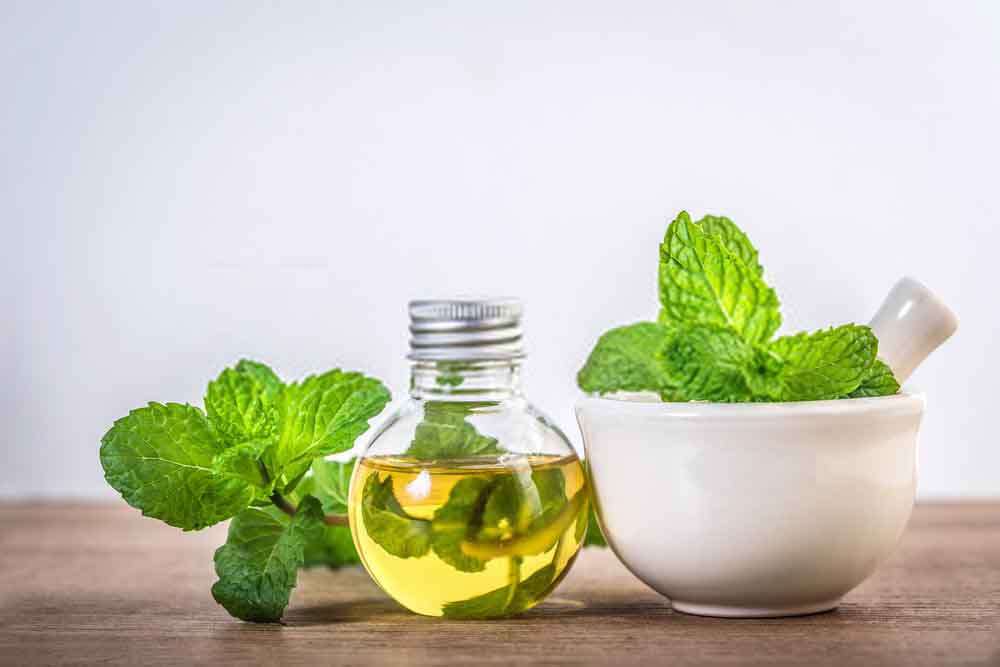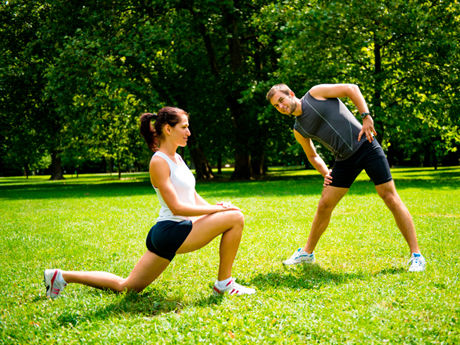While pain relievers can help relieve headaches, regular use can lead to dependence and potential side effects. Some natural remedies can effectively relieve headaches without medication.
1. Staying hydrated is the most natural way to relieve headaches.
Dehydration is a common cause of headaches, and adequate fluid intake is important for prevention and pain relief. Studies have shown that dehydration can lead to changes in brain structure and function, which can worsen headache symptoms.
To stay hydrated, try to drink at least eight glasses of water a day, more if you are engaging in intense physical activity or in hot weather. Additionally, consuming hydrating foods like watermelon, cucumbers, and soups can replenish your fluid levels and help relieve headaches caused by dehydration.
2. Know how to manage stress
Chronic stress is a significant contributor to headaches and migraines. Practicing stress reduction techniques can effectively reduce headache symptoms and prevent them from recurring.

Stress is a significant contributor to headaches.
Exercises such as deep breathing, meditation, yoga, and progressive muscle relaxation will promote relaxation and reduce muscle tension, easing the discomfort of headaches. Regular physical activity, adequate sleep, and healthy activities can also help reduce stress levels, increasing overall resilience to headache triggers.
3. Aromatherapy
Essential oils have been used for centuries to relieve a variety of conditions, including headaches. Some oils, such as peppermint, lavender, and eucalyptus, have pain-relieving and anti-inflammatory properties that can help relieve headache symptoms.
Inhaling essential oils through steam, diffusing, or applying them to the temples and neck can effectively relieve headaches and induce relaxation. Essential oils should be diluted with a carrier oil such as coconut or almond oil to prevent skin irritation and enhance absorption.
4. Acupressure to relieve headaches
Acupressure is a traditional Chinese medicine healing technique that involves applying pressure to specific points on the body to relieve pain and promote healing.
Stimulating acupressure points associated with headache relief, such as the Hegu point located between the thumb and index finger, can effectively reduce the severity and duration of headaches. Gently massaging or pressing these points for a few minutes can stimulate the body's natural healing response, releasing tension and promoting headache relief.

Peppermint essential oil may help relieve headache symptoms.
5. Herbal remedies
Herbal remedies offer natural alternatives to conventional painkillers for headache relief. Several herbs, including feverfew, ginger, etc., have been shown to be effective in reducing the frequency and intensity of headaches.
In particular, chamomile extract has been studied for its ability to prevent migraines by reducing inflammation and inhibiting blood vessel constriction.
Combining these herbs into teas, tinctures, or supplements under the guidance of a healthcare professional can provide safe and effective headache relief without the side effects associated with pharmaceuticals.
6. Make dietary changes
Dietary factors can play a significant role in causing headaches, making dietary adjustments an essential aspect of headache management.
Common triggers include caffeine, alcohol, artificial sweeteners, processed foods, and certain food additives such as nitrates.
Keeping a food diary to identify potential triggers and eating a balanced diet rich in fruits, vegetables, whole grains, and lean proteins may help prevent headaches.
Additionally, ensuring regular meals and snacks to stabilize blood sugar levels can minimize headaches caused by blood sugar fluctuations.

Exercise improves blood flow, reduces muscle tension, reduces stress…all of which contribute to headache relief.
7. Cold compress
Applying a cold compress to your forehead or neck can provide quick and effective headache relief. Cold therapy helps constrict blood vessels, reduce inflammation, and numb the affected area, easing the discomfort of a headache.
Simply place a cold pack or washcloth soaked in cold water on the affected area for 10-15 minutes to feel relief. Alternating between cold and hot compresses can also provide additional benefits by improving blood circulation and relaxing tense muscles.
8. Exercise regularly
Regular physical activity is not only essential for overall health, but also plays a key role in preventing and controlling headaches.
Engaging in aerobic exercises such as walking, cycling, swimming or jogging promotes the release of endorphins, the body's natural painkillers, which can reduce the intensity and frequency of headaches.
Additionally, exercise improves blood flow, reduces muscle tension, and reduces stress, all of which contribute to headache relief. Aim for at least 30 minutes of moderate exercise most days of the week to experience the headache-reducing benefits of physical activity.
Dr. Tang Minh Hoa
Source







































































































Comment (0)